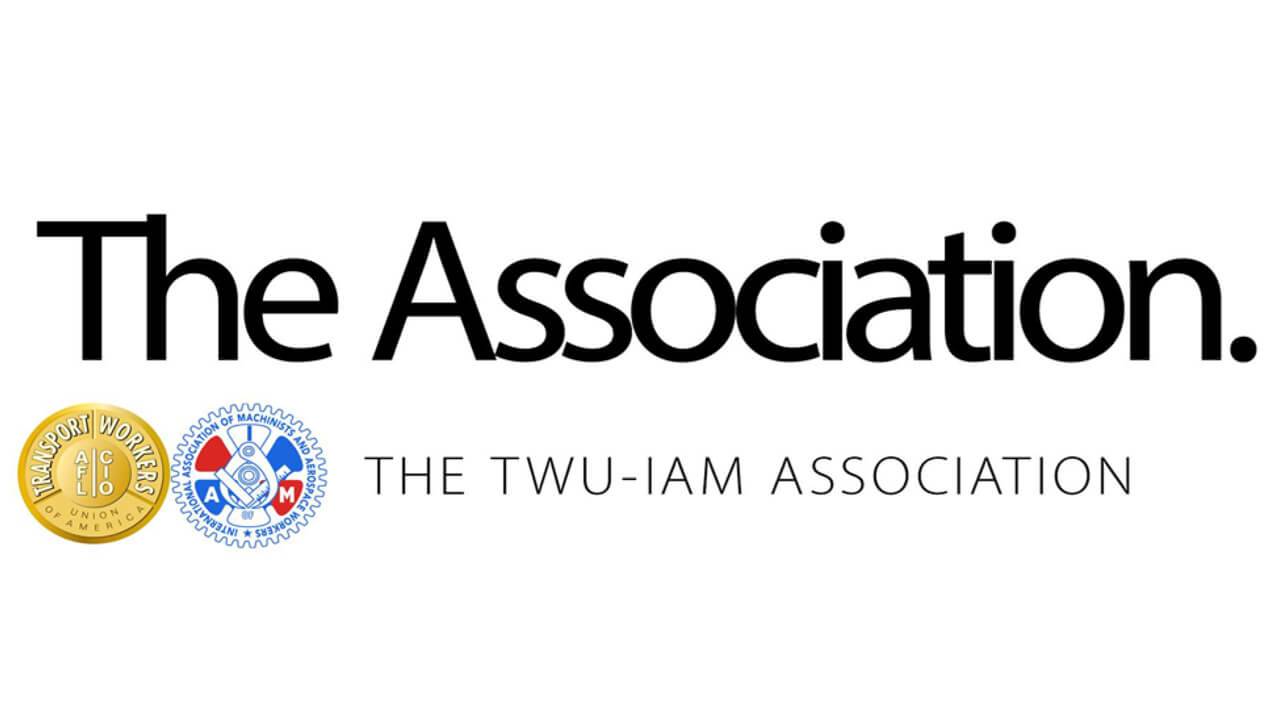
by Eric Price | Mar 22, 2019 | Airlines, American, Departments, Home, Organizing, The Association
Brothers and Sisters, This week, American Airlines not only continued to slow roll negotiations, THEY ACTUALLY JUST STOPPED. American’s arrogance and obstinance at the table is a tell-tale sign of their mistaken belief that this membership is okay with them forcing...
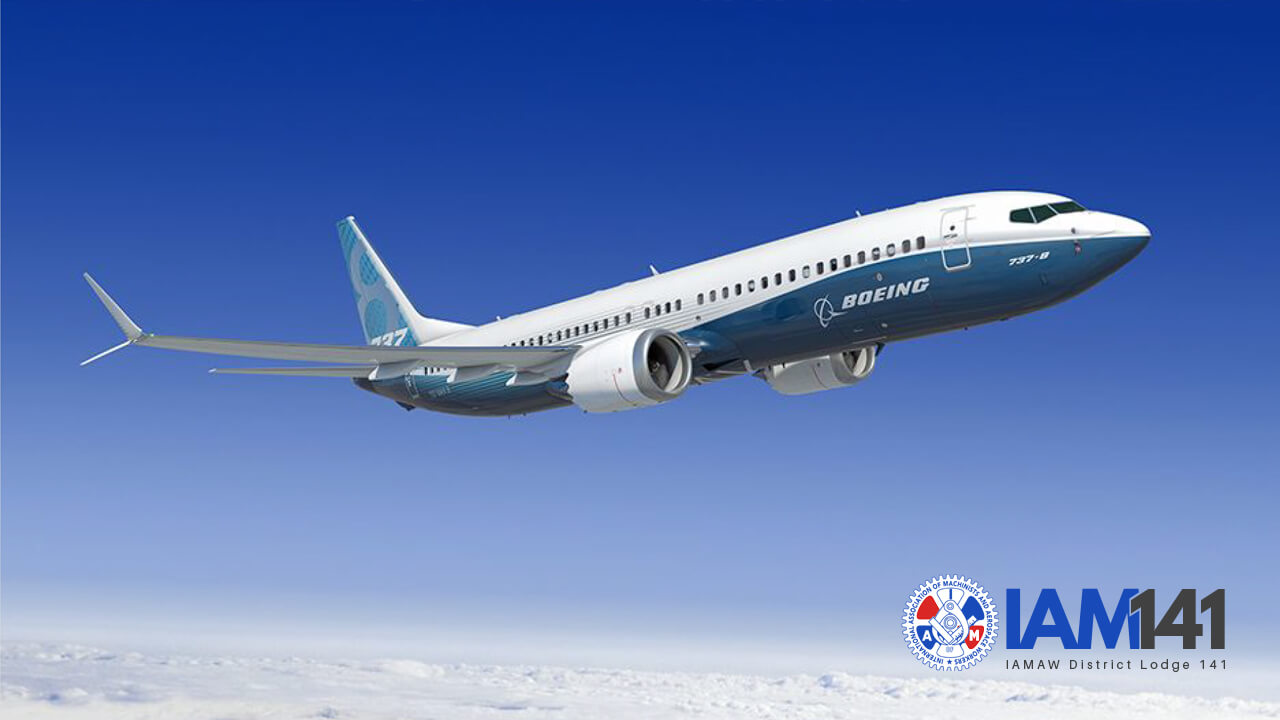
by Eric Price | Mar 14, 2019 | Airlines, American, Departments, Featured, Hawaiian, Home, Philippine, Safety, Spirit, United
For most travelers, getting on a brand new plane is a treat. Besides that “new plane smell,” passengers expect that a new aircraft, like a new car or appliance, will offer the latest advances in technology, safety and comfort. When that aircraft is the newest version...
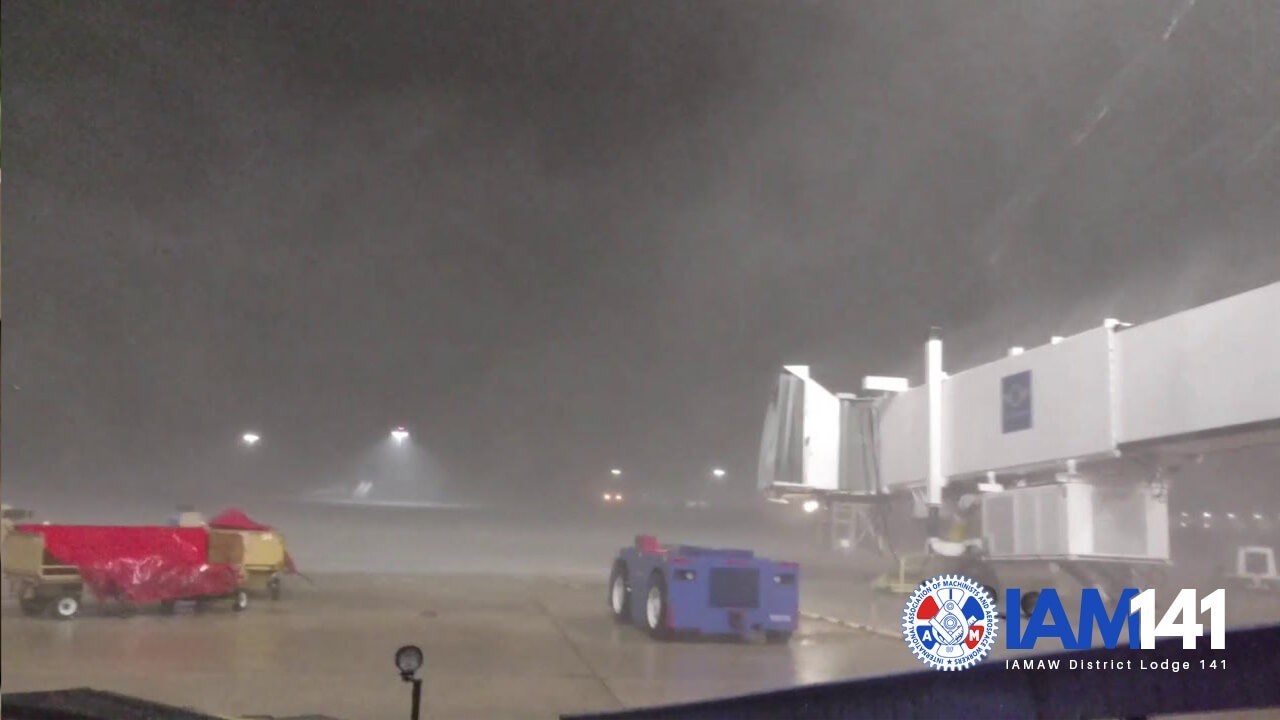
by Eric Price | Mar 5, 2019 | Airlines, American, Departments, Hawaiian, Home, Philippine, Safety, Spirit, United
A bolt of lightning struck a UPS ramp worker upside the head as he loaded a 757 freight plane at Clinton National Airport (LIT) this week. 52-year-old Darin Campbell is expected to make a full recovery after lightning struck him in the head while he was working a...
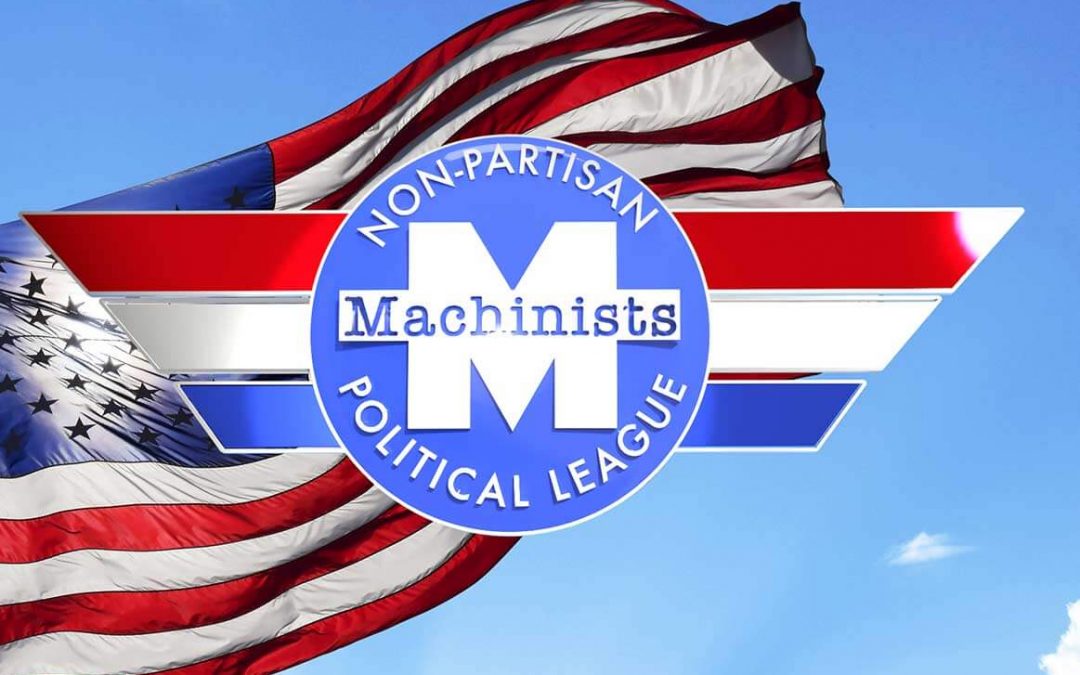
by Eric Price | Feb 21, 2019 | Airlines, American, Departments, Featured, Hawaiian, Home, MNPL, Organizing, Philippine, Spirit, United
Right to Work is coming to our nation’s airlines. When it arrives, the wages of all airline workers could be slashed within just a few years. Overall compensation could be cut by more than half. The good news: Missouri unions know how to stop it. There’s a...
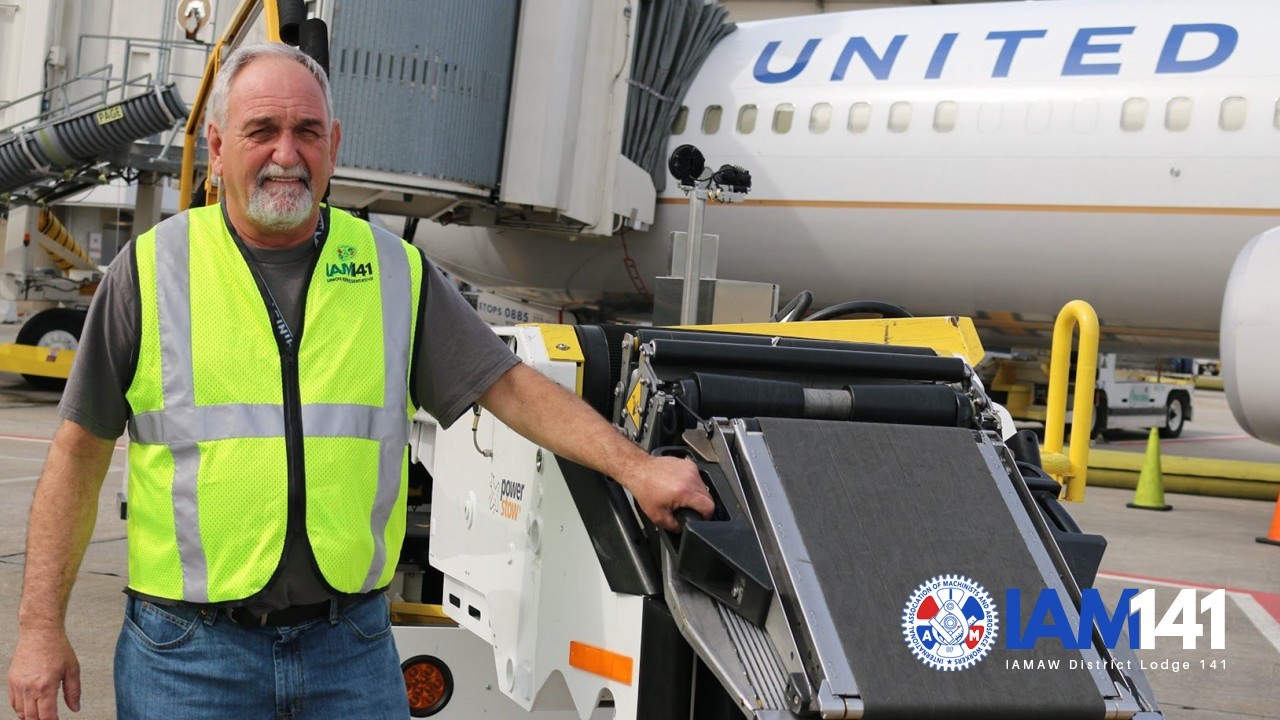
by Eric Price | Feb 15, 2019 | Airlines, American, Departments, Featured, Hawaiian, Home, Philippine, Safety, Spirit, United
Safety Advocates combine communication, partnerships and grassroots action to improve airline safety. With few exceptions, such as a notable tragedy aboard a Southwest flight last April, US carriers are currently building one of the safest periods in history for air...

by Eric Price | Feb 15, 2019 | Airlines, American, Departments, Featured, Home, Organizing, The Association
Brothers and Sisters, Negotiations continued in Atlanta this week. The Executive Negotiators and the full negotiating committee continued working together at each step of the process and all were fully updated. The company’s hard-line attack on the work Association...







